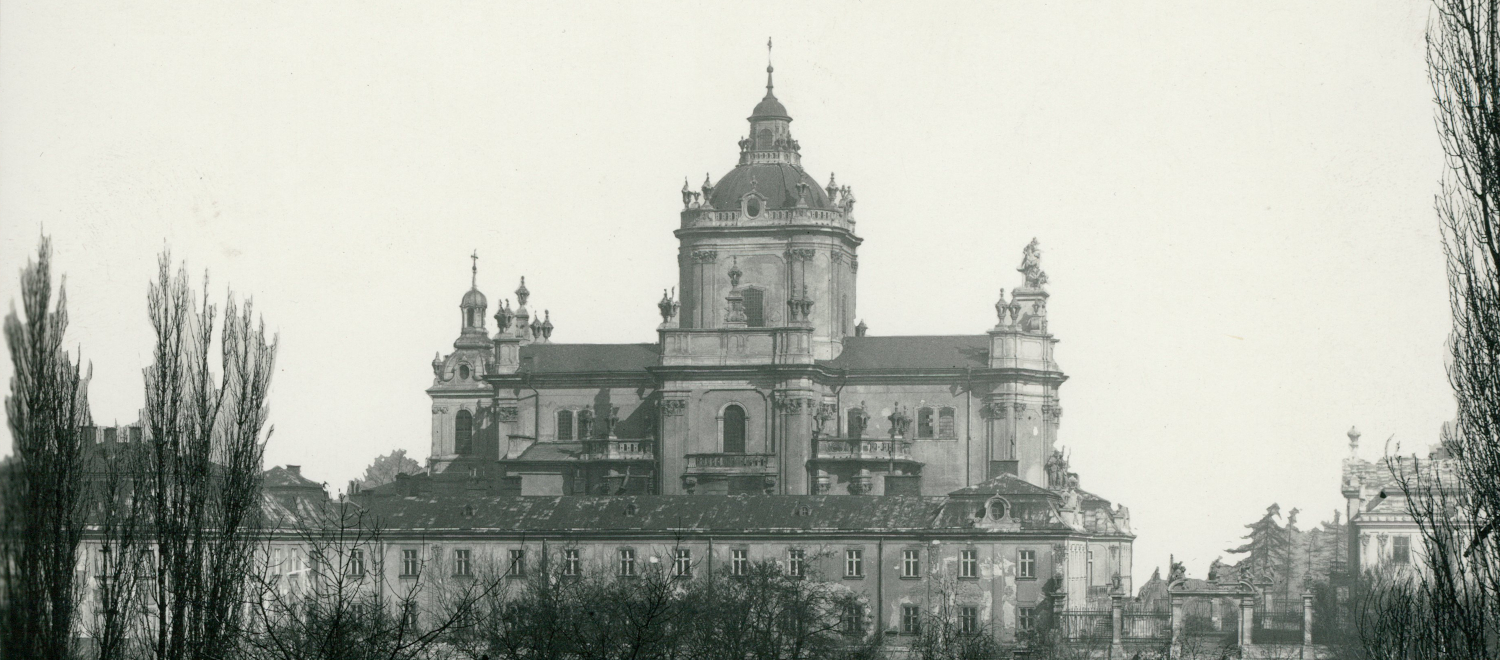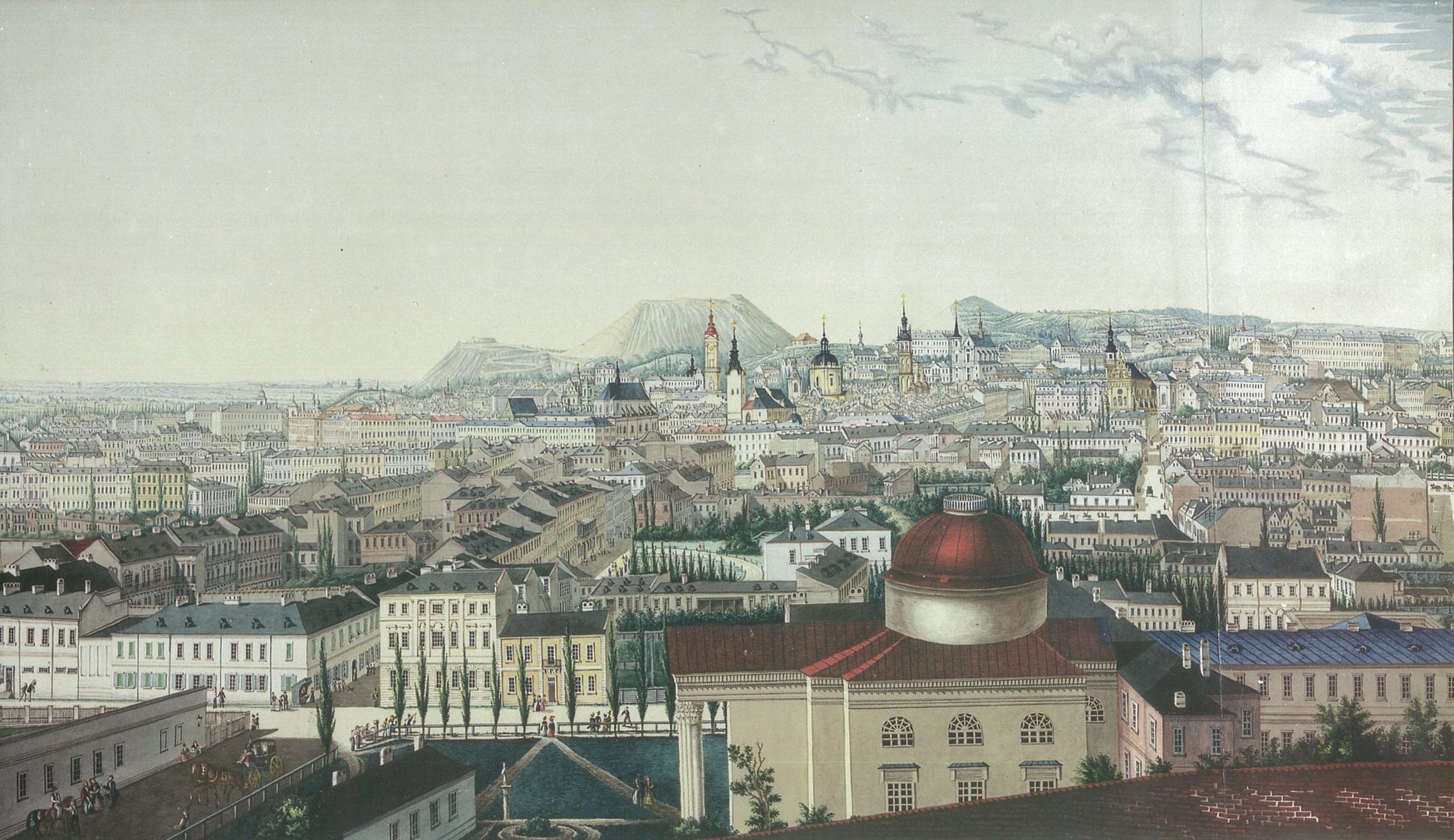

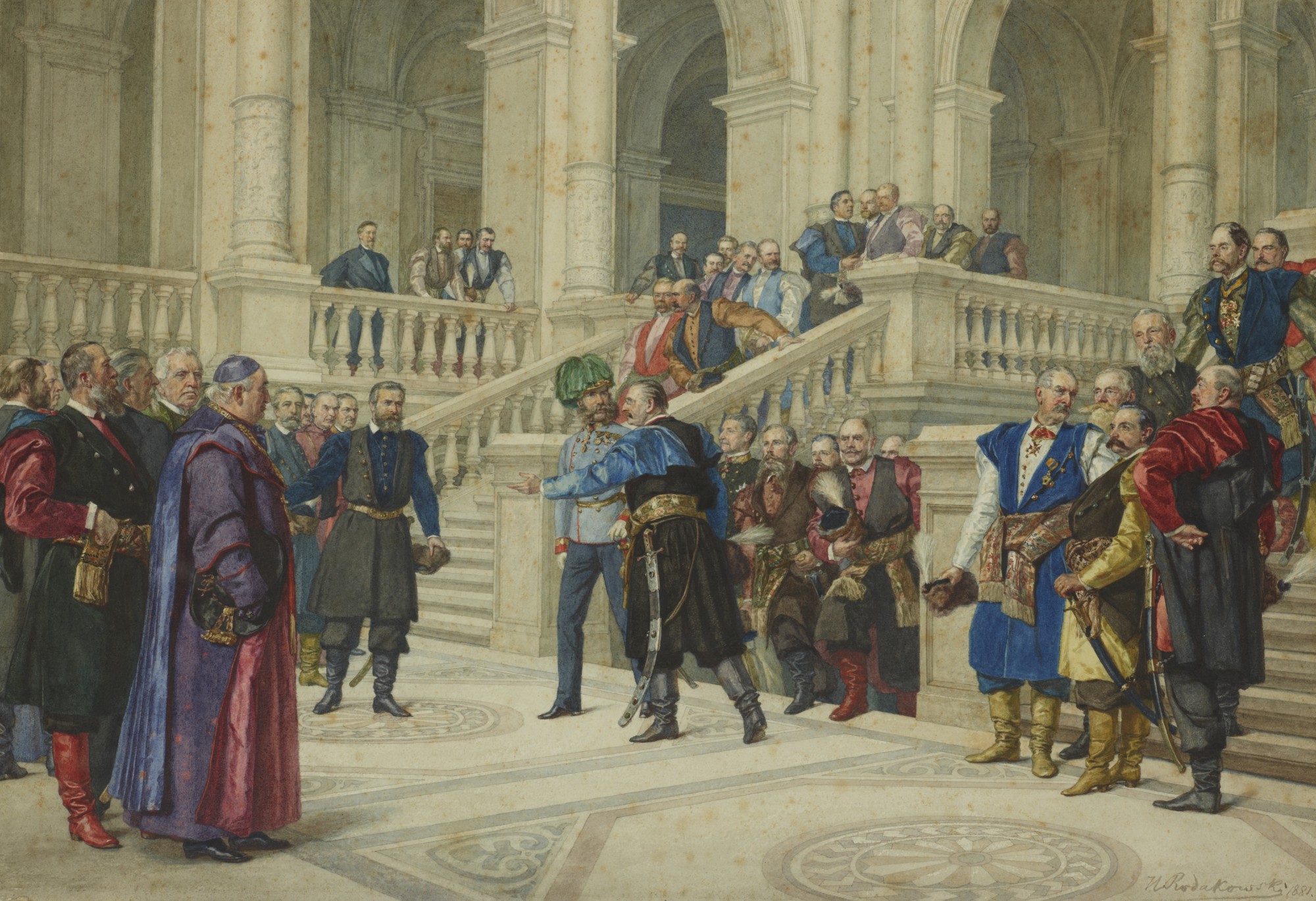
The Emperor Is Coming 1880
These visits to Lviv by the Emperor were neither the first nor the last. But they were probably the warmest and most comfortable.
Funeral of Volodymyr Barvinskyi (1883)
Volodymyr Barvinskyi was an ideologue of the populist movement, a writer and the founder and editor of the "Dilo" newspaper. His death and funeral in 1883 marked the beginning of the formation of the Ukrainian national pantheon at the Lychakivsky cemetery.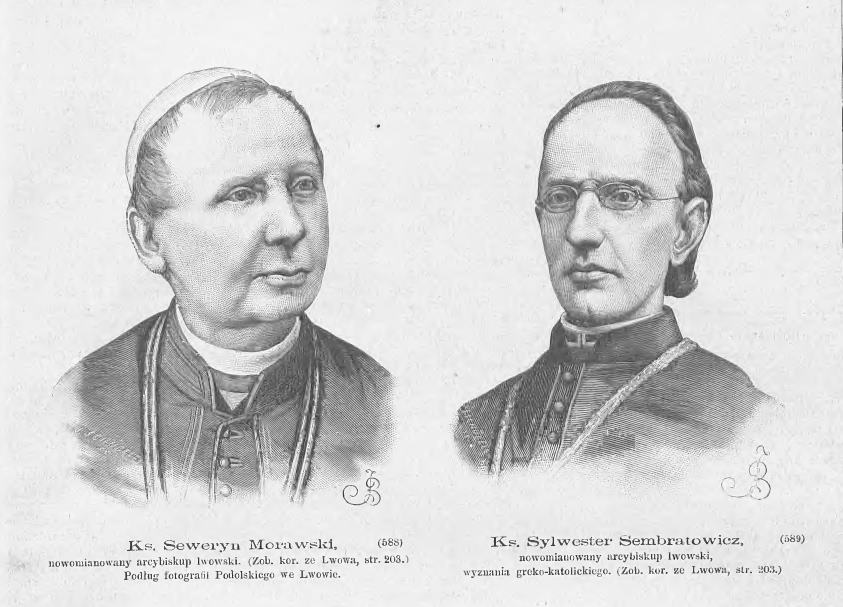
The enthronements of Roman Catholic and Greek Catholic archbishops
Lviv was the center of three metropolitanates: Roman Catholic, Greek Catholic and Armenian Catholic. In the late 19th century, two of them became distinctly "national", which was also reflected in the ceremonial enthronement of hierarchs.
The 900th anniversary of the baptism of Rus (1888)
Unlike the 300th anniversary of the Union of Brest, the celebration of the 900th anniversary of the baptism of Rus was symbolically connected not with Rome, but with the East Slavic space.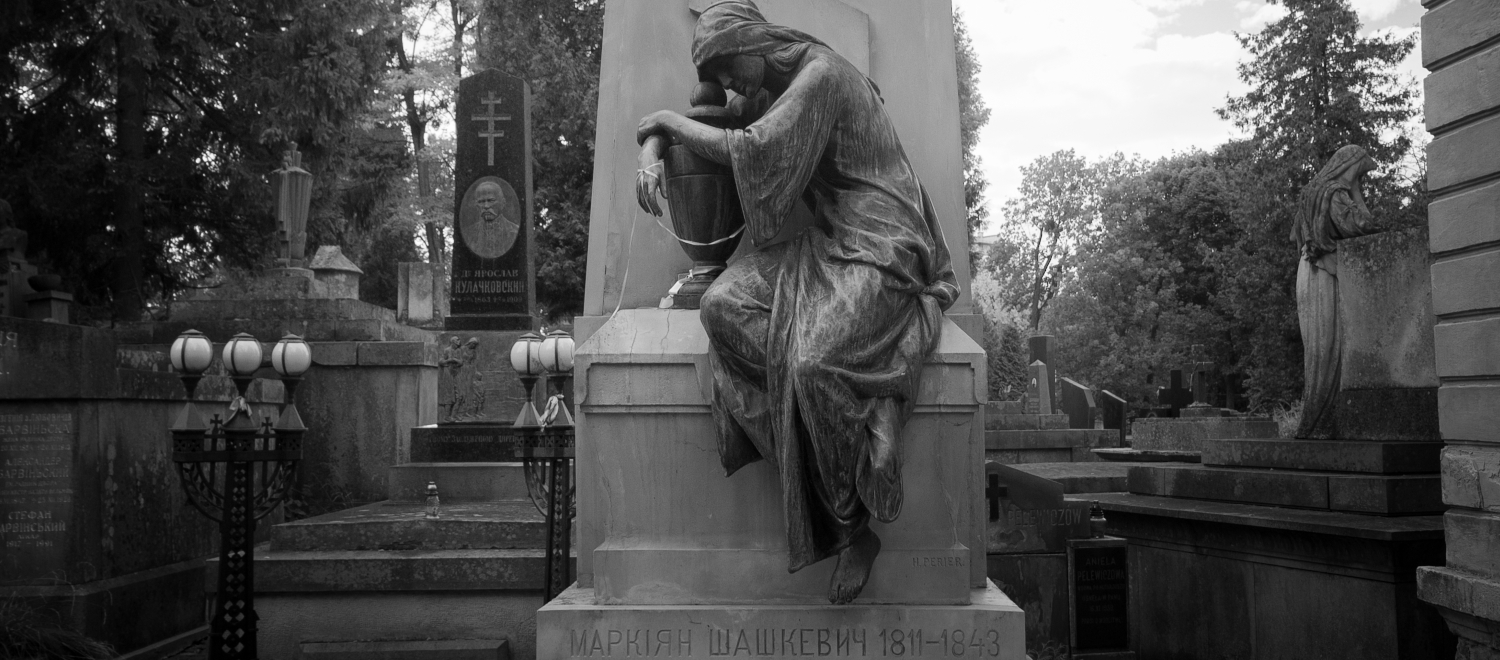
Reburial of Markiyan Shashkevych in Lviv (1893)
The reburial of Markiyan Shashkevych in Lviv on November 1, 1893 is considered one of the most significant "national manifestations" of the Ruthenians in the city. Apart from the mass character of the event, the figure of the poet himself as a "people's awakener" is important, by analogy with national poets of other nations.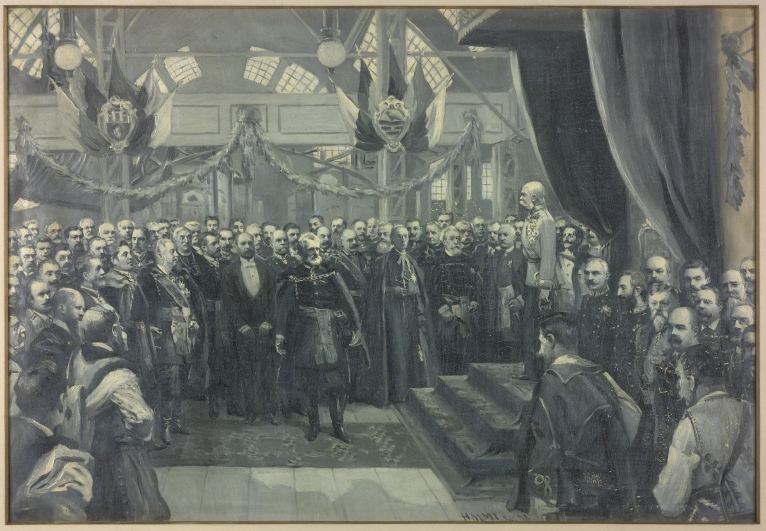
The Emperor Is Coming 1894
In 1894, Emperor Franz Joseph visited the Regional Exhibition in Lviv, which was held under his patronage.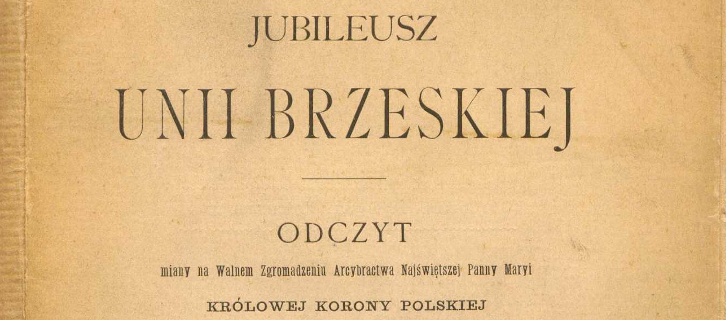
The Catholic assembly for the 300th anniversary of the Union of Brest (1896)
A mass event dedicated to the 300th anniversary of the church Union of Brest, held in Lviv in July 1896